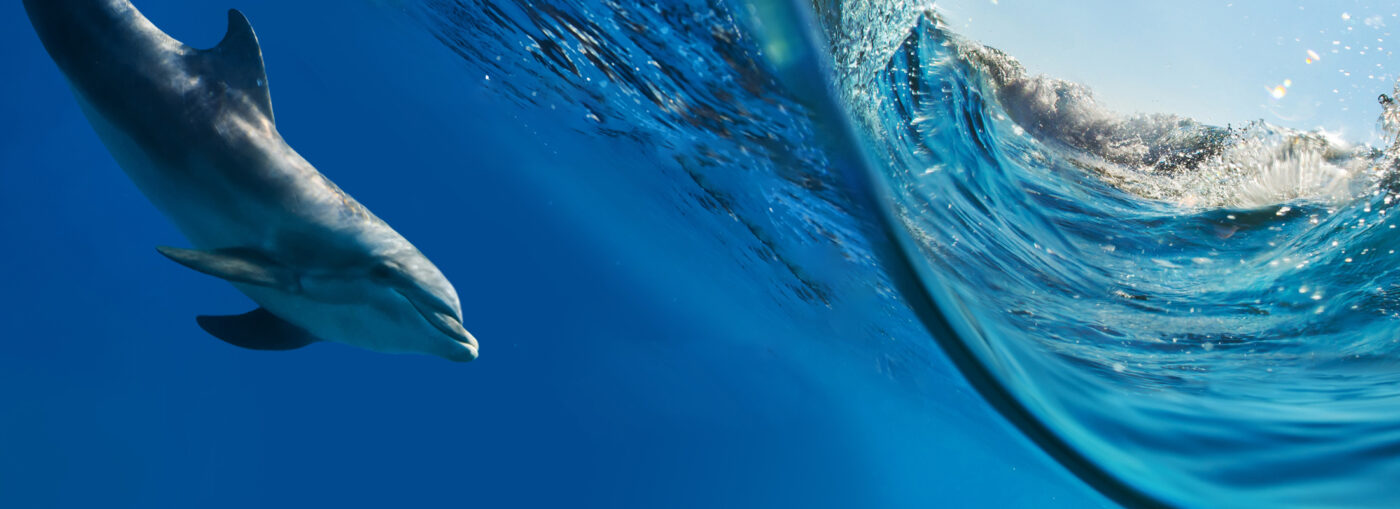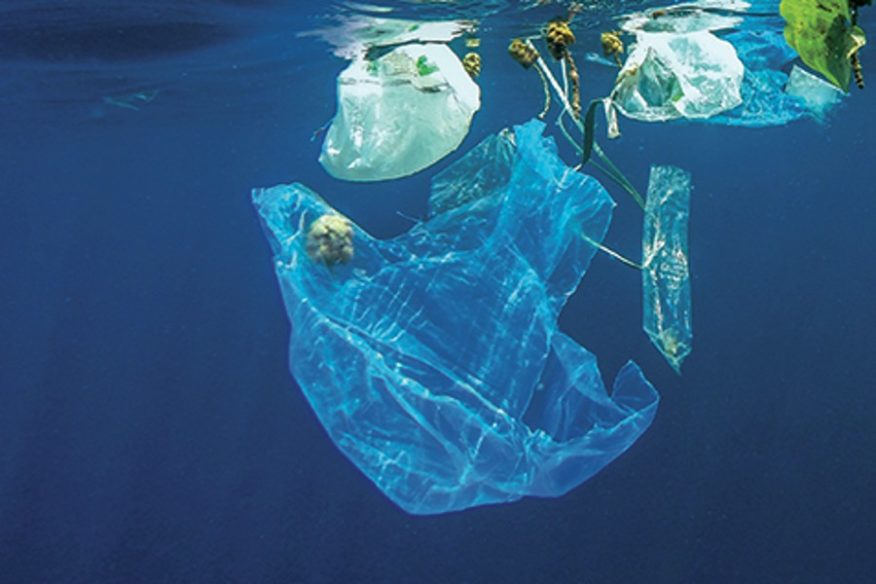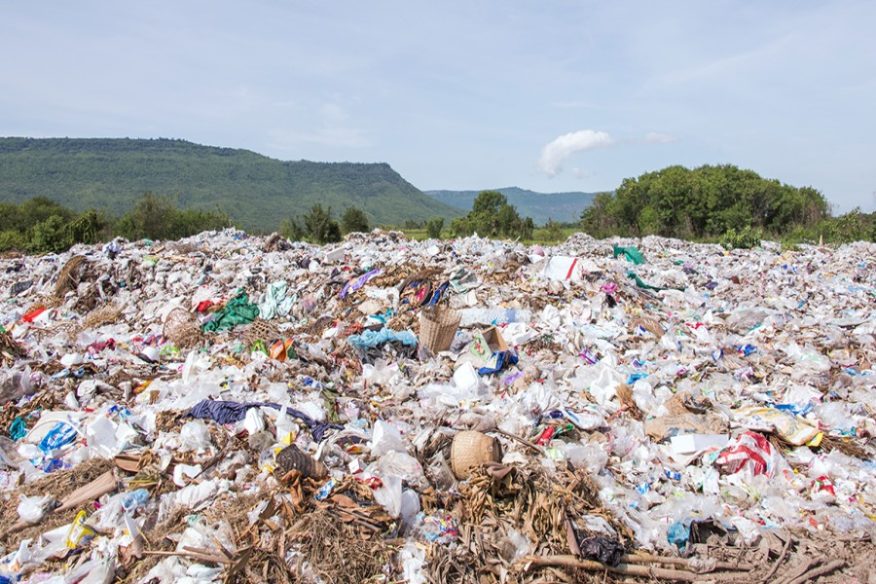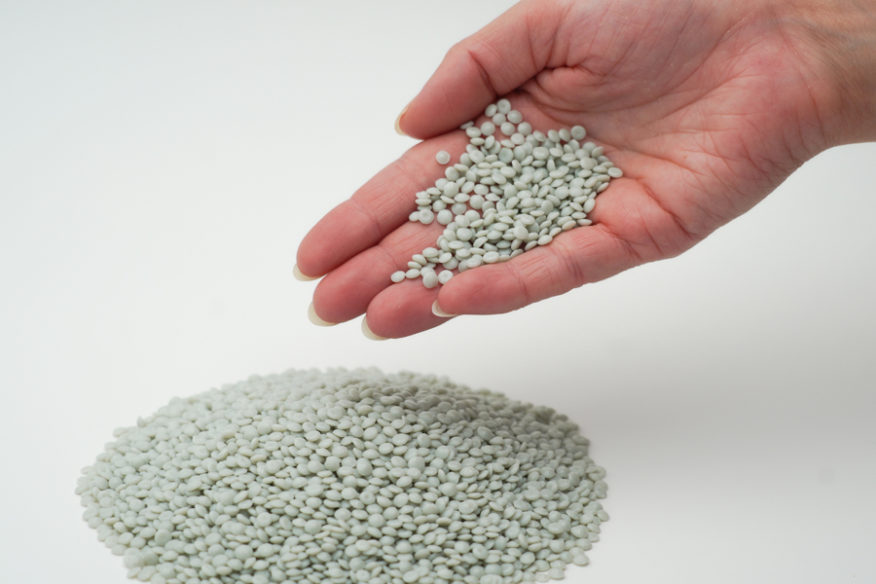

Ocean Plastic
More plastic waste than fish in the ocean? This alarming prediction will be fact in just a few decades if we do not come up with fundamental changes in the production, use and recycling of plastic. Every year more than six million tons of plastic waste flow uncontrolled into the oceans. Much of it is hardly recognizable microplastic. The consequences are serious for tourism, fishing and maritime shipping, millions of people who make their living from the sea, and, not least of all, marine life that suffers greatly. To stem the flood of waste, we need a genuine circular economy for plastic. We for Recyclates shows how this step works.

Marine Debris
The quantities are incredibly large. Some 6.4 million tons of plastic waste make their way into the world’s oceans every year, according to the United Nations Environment Programme (UNEP). The floating litter includes plastic bags, cups, beverage containers, canisters and caps, torn fishing nets and rope, along with running shoes, toothbrushes and ear swabs. Other estimates say as much as eight million tons pollute the seas per year.

How does plastic get into the ocean?
The development of solutions to counter the flood of trash requires information about where it comes from. There are significant regional differences in input to the ocean from land- and sea-based sources. Of the six to eight million tons of plastic waste “leaked” into the ocean every year, about 10 to 20 percent originates in the shipping and fishing industries and from other uses of the sea.

Save the world from the tide of trash
We have to stem the tide of trash that reaches the oceans year after year so that marine litter does not one day outweigh the fish. The United Nations Environment Programme (UNEP) says it is the global community’s responsibility to tackle this global issue by taking serious and effective measures.

Microplastic – big problems
Plastic litter that trashes the coastlines and covers the beaches is an obvious problem for nature, the environment, fishing and tourism. The tiny plastic pieces of less than five millimeters which can hardly be seen with the naked eye, however, cause gigantic problems in the oceans.